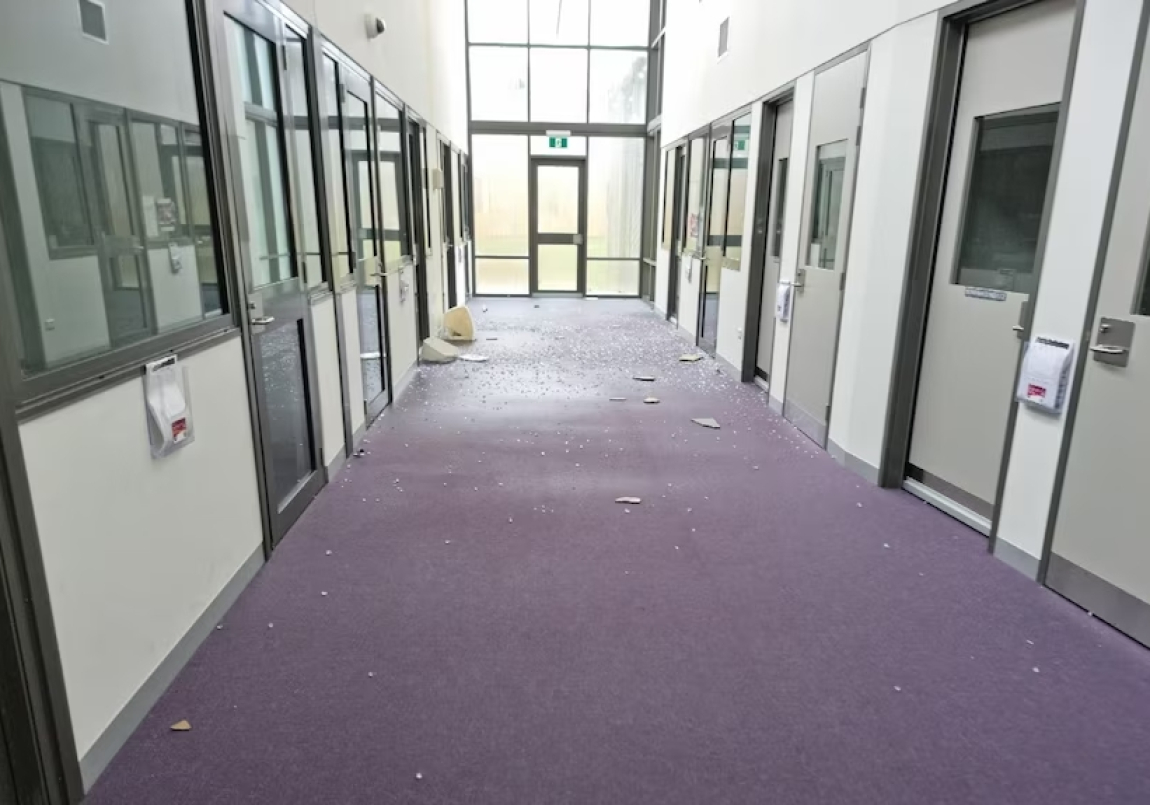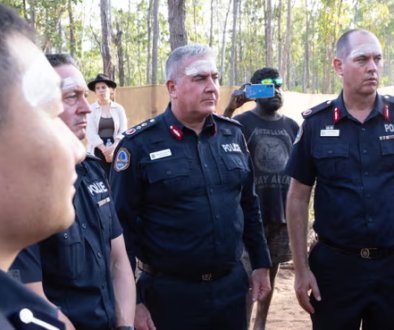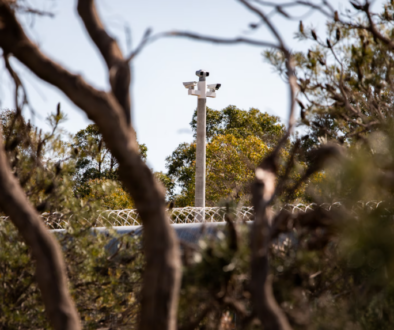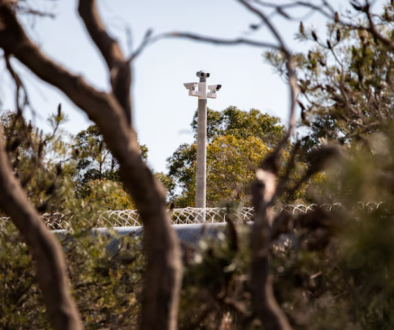No plans to close WA’s “short term” Unit 18 but judge prefers to send 17-year-old to adult prison
The Western Australian government indicated it will continue to keep children in a stand-alone unit at a maximum security adult prison, despite flagging it as short term almost one year ago.

On Thursday the WA government said it had no plans to close Unit 18 at Casuarina Prison in the near future.
The new Corrective Services Minister, Paul Papalia, said: “We can’t close it until there’s an alternative for those particular individuals… I think they just have to be there.”
It had been due to close in the first half of this year once upgrades were made to Banksia Hill Detention Centre.
On the same day Mr Papalia said Unit 18 would remain operational for the foreseeable future, Children’s Court President Hylton Quail chose to send a 17-year-old to an adult prison rather than return him to the “unrelenting conditions” in the unit.
“I have come to the conclusion …that your time in unit 18 is over. I don’t agree with all of the prosecution’s submissions. But I am satisfied that you are a risk, if you remain there, to others. I am also satisfied that you could become a risk to yourself and go down the route that J, C and so many others are on the verge of, in terms of suicide, because of those unrelenting conditions,” the judge said.
“So you can’t stay in unit 18. You have got to go to an adult prison. You are almost 18.”
The boy’s mother told National Indigenous Times her son preferred to go to Hakea adult prison than return to Unit 18.
“The judge said he was better off going straight to Hakea. But because he is not 18 yet he is in the crisis care section,” she said prior to his 18th birthday this week.
“He said crisis care is even worse than Unit 18. They are not allowed to do anything, can’t talk to anybody, even though there are other under 18s in there they are not allowed to talk to each other. He is hoping to go into the general population tomorrow.”
She noted there were significant restrictions on movement and activities in crisis care “because technically crisis care is for people who are suicidal”.
“One of his friends has to stay in there for longer because he doesn’t turn 18 until July,” she said.
She told National Indigenous Times the young detainees needed to engage with programs to prepare them for life after prison.
“The authorities say they offer education programs but I don’t know if they are getting them. It would be good if they can do courses outside (while serving their time), develop skills they can use in the community. When his cousin got out he did a course through Mervyn Eades (Ngalla Maya) and he is working in the mines now,” she said.
“It’s harder to get them to participate in courses once they are out, if they are able to do them while incarcerated then once they get out, they already have a head start.”
She noted that a teacher who had worked in Unit 18 told the court “she only got 30 minutes with him, 30 minutes per kid per day”.
Her son was sentenced to 23 months in total for a number offences, including some while in detention.
She said he will be eligible for parole “in four or five months”, having already served part of his time when his sentence was handed down on 15 June.
“I know that juveniles have some support programs when they get out but for adults I am not aware of them. Once they get out if they can get a start somewhere they have a chance,” she said.
“I went up (to Hakea) on Friday (16 June) to book a visit and give him some money. The system couldn’t process it because his birthdate made him younger than 18. Eventually a staff member helped us book visits, and the cashier took the money for him – they were reluctant to do so because we weren’t able to use the process, but the process doesn’t work for anyone under 18.
“The cashier said to the staff member ‘if we are going to have more 17 year-olds coming through something has got to be changed’.”
She noted that one young detainee transferred to adult prison applied for a transfer to Broome Regional Prison so he could be closer to his family, as Banksia Hill is the only youth detention centre in the state.
A Department of Justice spokesperson told National Indigenous Times that as of June 20, there are 13 detainees in Unit 18.
“Teachers attend Unit 18 daily. Providing education and other services to young people in detention is a Department priority when the safety and security of staff, including teachers, and all detainees can also be managed. Young people are provided education by fully qualified and registered teachers during school terms when it is safe to do so,” they said.
“There is one young person, who turns 18 next month, who is being held in an adult prison. The Children’s Court has the authority in the relevant legislation to remand or sentence a young person from the age of 16 years to an adult prison.
“The placement of young prisoners in the custodial estate is carefully managed to ensure they are accommodated in a safe and suitable location.”
Megan Krakouer, who has worked with Banksia Hill detainees to build a class action against the state of Western Australia, told National Indigenous Times it was a “disgrace” that young people would stay in Unit 18, and that people under 18 were in Hakea prison.
“This is an indictment of the WA government and the Commissioner for Children and young people who shifted the young people to Casuarina prison last year saying it was the best of a number of bad options,” she said.
“We now have the worst rates of youth incarceration in the country. The government needs to do what they should of from the beginning: speak to the families and show some respect. This is now under the watch of the incoming Premier, Mr Cook… it is disappointing.



